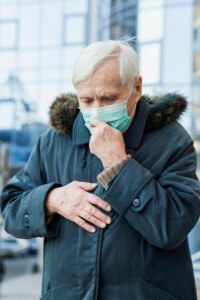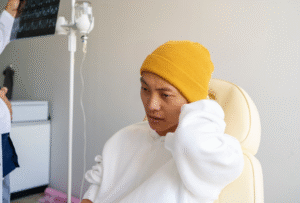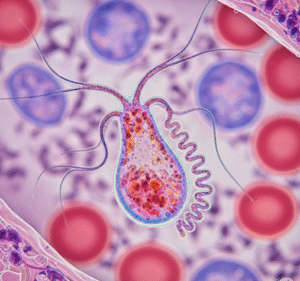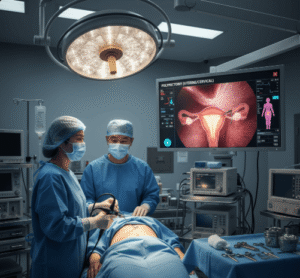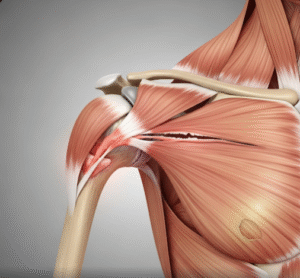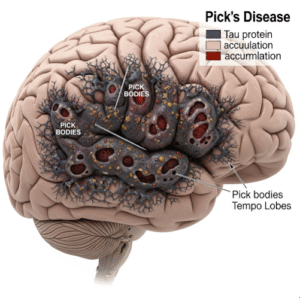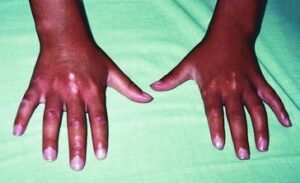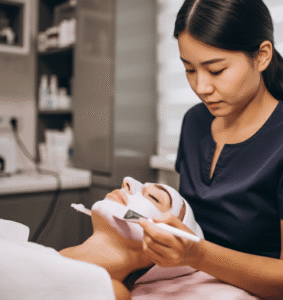➤ Overview
Swollen lymph nodes, also known as lymphadenopathy, occur when one or more lymph nodes enlarge due to infection, inflammation, or other medical conditions. Lymph nodes are part of the immune system, filtering harmful substances and producing white blood cells to fight infection. Swelling can occur in the neck, armpits, groin, or other areas and may indicate a localized infection or systemic disease.
In South Korea, swollen lymph nodes are assessed by primary care physicians, infectious disease specialists, and hematologists. Early evaluation helps determine the underlying cause, guide treatment, and monitor for serious conditions like cancer or autoimmune disorders.
➤ Key Facts
→ Swollen lymph nodes are a common clinical finding in both children and adults.
→ They can be painful or painless, depending on the cause.
→ In Korea, ultrasound, blood tests, and biopsy are standard diagnostic tools.
→ Common causes include viral or bacterial infections, autoimmune diseases, and malignancies.
→ Swelling may be localized (single area) or generalized (multiple areas).
→ Duration and size of swelling help determine urgency and underlying condition.
→ Prompt evaluation ensures early treatment and prevention of complications.
➤ What is Swollen Lymph Nodes?
Swollen lymph nodes occur when the immune system is actively responding to infection or inflammation:
→ Acute swelling – Usually due to infection and often painful.
→ Chronic swelling – May persist over weeks or months, sometimes painless.
→ Localized lymphadenopathy – Enlargement in one specific area (e.g., neck).
→ Generalized lymphadenopathy – Multiple regions involved, possibly indicating systemic illness.
Korean physicians emphasize physical examination, palpation, and imaging to assess lymph node size, consistency, mobility, and tenderness.
➤ What Symptoms are Related to Swollen Lymph Nodes?
Swollen lymph nodes may present alongside other symptoms depending on the cause:
→ Tenderness or pain when touched, often with infection.
→ Firm or rubbery texture, sometimes indicating chronic conditions or malignancy.
→ Redness or warmth overlying the swollen node in acute infections.
→ Fever or night sweats, suggesting systemic infection or lymphoma.
→ Fatigue or malaise, common in viral infections or chronic disease.
→ Weight loss or loss of appetite, especially in chronic or malignant conditions.
→ Localized symptoms – Sore throat, ear infection, or skin infections near the lymph node.
→ Respiratory symptoms – Cough, congestion, or sinus issues in some cases.
➤ What Causes / Possible Causes?
Swollen lymph nodes may arise from various infectious, inflammatory, or malignant conditions:
→ Viral infections – Common cold, influenza, mononucleosis, or HIV.
→ Bacterial infections – Strep throat, tuberculosis, skin infections, or ear infections.
→ Autoimmune diseases – Lupus, rheumatoid arthritis, or sarcoidosis.
→ Cancer – Lymphoma, leukemia, or metastatic cancer from other organs.
→ Medications – Certain drugs may cause lymph node enlargement as a side effect.
→ Localized inflammation – Dental abscesses, insect bites, or minor trauma.
→ Systemic conditions – Chronic infections, such as hepatitis or Epstein-Barr virus.
➤ When Should I See My Doctor?
Medical consultation is necessary if swollen lymph nodes are persistent, large, or accompanied by concerning symptoms:
→ Nodes larger than 2–3 cm or progressively increasing in size.
→ Painless, firm, or fixed nodes, potentially indicating malignancy.
→ Fever, night sweats, or unexplained weight loss.
→ Swelling lasting more than 2–4 weeks without improvement.
→ Multiple areas affected simultaneously, suggesting systemic illness.
→ Rapidly enlarging nodes, especially in adults.
→ Associated with severe sore throat, ear infections, or skin infections requiring antibiotics.
➤ Care and Treatment
Management of swollen lymph nodes depends on the underlying cause and severity:
→ Observation – Small, tender nodes from viral infections may resolve without intervention.
→ Antibiotic therapy – For bacterial infections like strep throat or skin abscesses.
→ Pain relief and anti-inflammatory medications – NSAIDs for tenderness or discomfort.
→ Warm compresses – Help reduce discomfort and promote drainage.
→ Treatment of underlying disease – Autoimmune therapy, antiviral medications, or cancer treatment.
→ Biopsy or excision – Required for persistent, suspicious, or atypical nodes.
→ Lifestyle support – Adequate rest, hydration, and nutrition to support immune function.
→ Regular monitoring – Follow-up to ensure resolution or detect recurrence.
➤ Treatment Options in Korea
South Korea provides advanced diagnostic and therapeutic options for swollen lymph nodes:
Diagnosis in Korea
→ Physical examination and palpation by specialists.
→ Imaging: Ultrasound, CT scan, or MRI for deeper lymph nodes.
→ Laboratory tests for infection markers, autoimmune screening, or blood cancers.
→ Fine-needle aspiration or excisional biopsy for suspicious nodes.
Medical Treatments in Korea
→ Antibiotics for bacterial infections.
→ Antiviral or antifungal medications for specific infections.
→ Immunosuppressive therapy for autoimmune causes.
→ Cancer treatment – Chemotherapy, radiation, or surgery for lymphomas or metastases.
Advanced Therapies in Korea
→ Minimally invasive lymph node biopsy with high precision.
→ Multidisciplinary oncology care for malignant causes.
→ Integrative care combining Western medicine and Korean traditional support for immune health.
Rehabilitation & Support in Korea
→ Education on monitoring lymph node size and symptoms.
→ Follow-up care for treatment efficacy and early detection of recurrence.
→ Support programs for stress management, immune support, and overall well-being.


